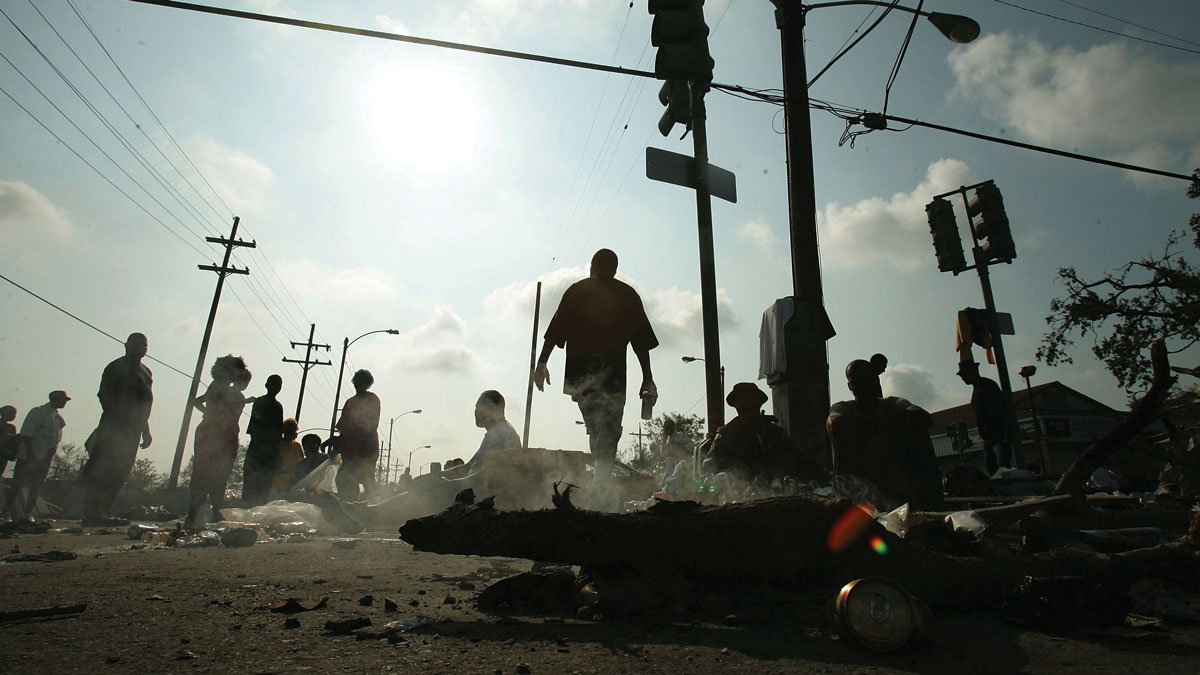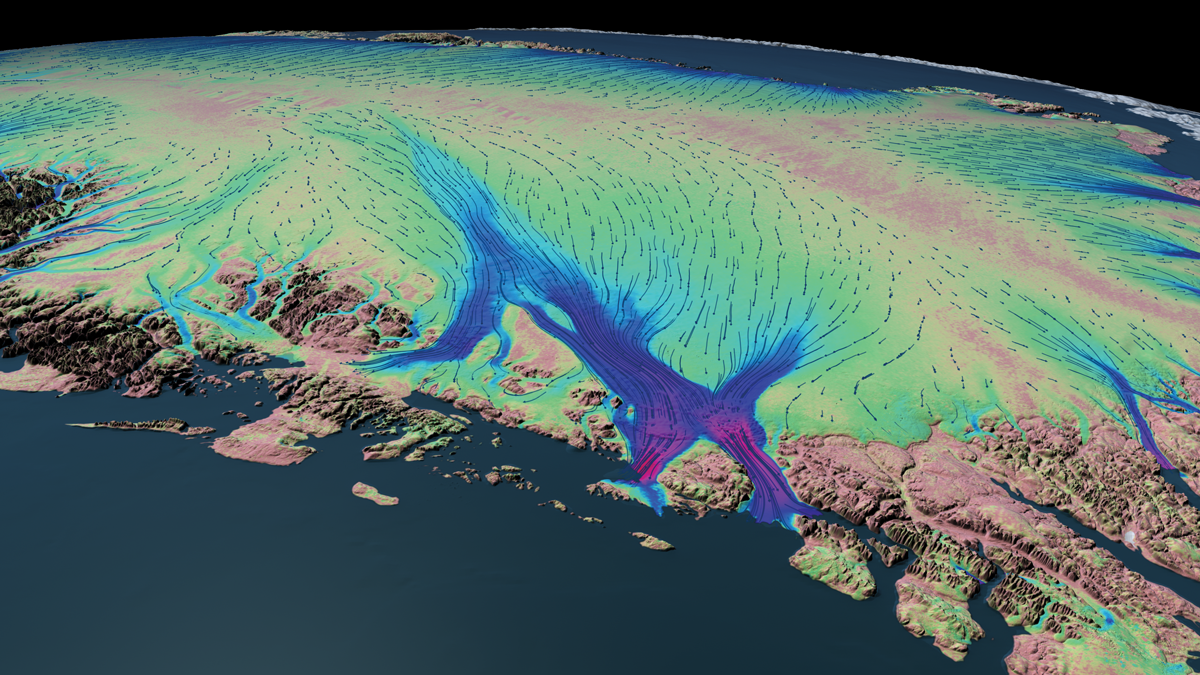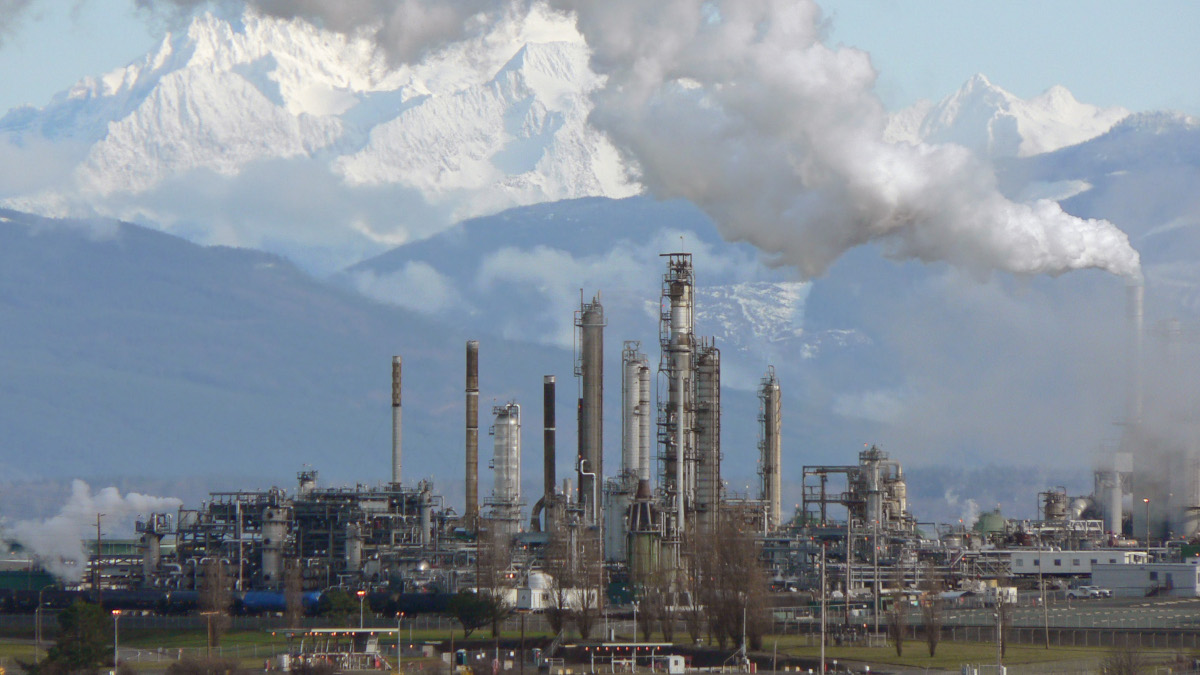InMAP estimates air pollution within cities, but its predictions are flawed for specific chemicals. Now, scientists are addressing that shortcoming.
geohealth
Heat Waves: A Growing Threat to Society and the Environment
With heat waves expected to worsen in the 21st century it is essential to take stock of our current understanding, knowledge gaps, and to set research priorities.
مراقبة تراكم الملوثات من المعادن الثقيلة في دلتا النيل
تُظهر نتائج تحاليل العينات أن إعادة استخدام مياه الصرف بدون معالجة والتوسع في إنشاء السدود يسبب زيادة تركيز المعادن الثقيلة الملوثة في دلتا النيل مما يهدد بشدة سلامة النظام البيئي والصحي والإنتاج الزراعي في مصر.
The Mental Toll of Climate Change
Researchers are more quickly acknowledging the many ways in which the global climate crisis is affecting our mental health.
The Fast and the Curious
Scientists get up to speed on phenomena ranging from fast moving atmospheric plasmas to a quickening glacial pace on Earth.
EPA Air Pollution Proposal Stirs Debate
The agency’s proposal to tighten standards for small-particulate pollution has prompted opposing calls for tighter and looser regulations.
Hypoxia Affects One in Eight Rivers Worldwide
A global study found dangerously low levels of dissolved oxygen in rivers around the world. The true prevalence of hypoxia is probably even higher.
Collaboration Helps Overcome Challenges in Air Quality Monitoring
Everything looks ideal for collaboration: interest from community members, a new method for monitoring air quality by scientists, and interest from policymakers. What happens next?
Spring and Sewage Are in the Air Near San Diego
Sea spray can transport sewage-contaminated waters inland, potentially exposing those living kilometers from the beach.
Gardens Are Good for the Neighborhood
A new study highlights the benefits of urban gardens for their human caretakers and local ecosystems.










